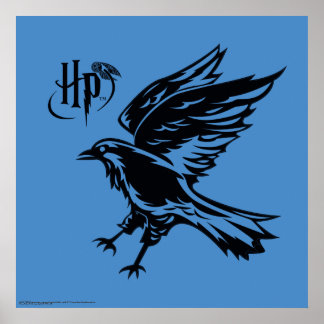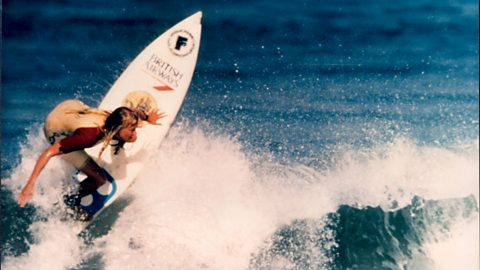

Gerard Groote, Deacon, preacher of moral reform, author of ascetical and canonical treatises, father of the Devotio Moderna b. Blom, Mijn getijdenboek 1927–1951 & Zijn getijdenboek 1952–2002 (2002) (autobiography and biography). Over het literaire werk van Harry Mulisch in de jaren vijftig (1988) M. de Rover, De weg van het lachen: Over het oeuvre van Harry Mulisch (1987) E.G.H.J. Mulisch's work has been translated into many languages. The novel comes to an apocalyptic end in Jerusalem. The main story line has God renounce His trust in humanity and reclaim Moses' Stone Tablets with the Ten Commandments.

This vast novel, with its multi-layered narrative, counts as his masterpiece. In De ontdekking van de hemel ("The Discovery of Heaven," 1992), World War ii and its impact on private and public life take center stage once more. Another novel, De aanslag ("The Assault," 1982), deals with the problem-filled life of a man orphaned in the war due to a cruel coincidence. In 1975 Mulisch published a novel on lesbian love, Twee vrouwen ("Two Women"). Two other works on Jewish themes are the novel Het stenen bruidsbed ("The Stone Bridal Bed," 1959) and the autobiographical Voer voor psychologen ("Food for Psychologists," 1961). Mulisch visited Israel in 1961 to cover the *Eichmann trial, which inspired De zaak 40/61 ("Case 40/61," 1961). His earlier works include the novels Archibald Strohalm (1952), De diamant ("The Diamond," 1954), and Het zwarte licht ("The Black Light," 1956) also a play about the 12 th-century heretic Tanchelijn (1960). Widely recognized as one of Holland's most original modern writers, Mulisch published novels, short stories, and other prose works notable for their imaginative use of mythological, occult, and philosophical material to explore the existential problems of contemporary society. Born in Haarlem, Mulisch was of mixed descent, his father being a non-Jewish Czech banker and his mother a Jewess born in Antwerp.


 0 kommentar(er)
0 kommentar(er)
